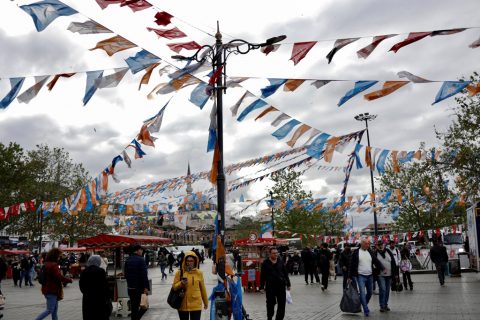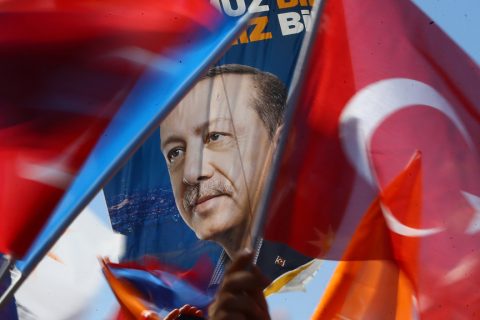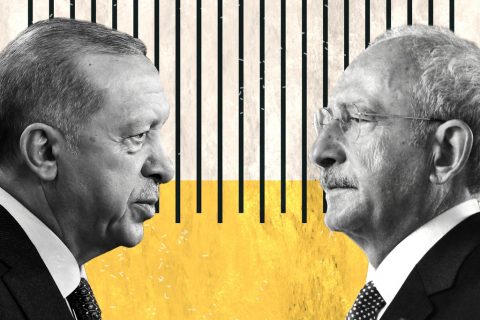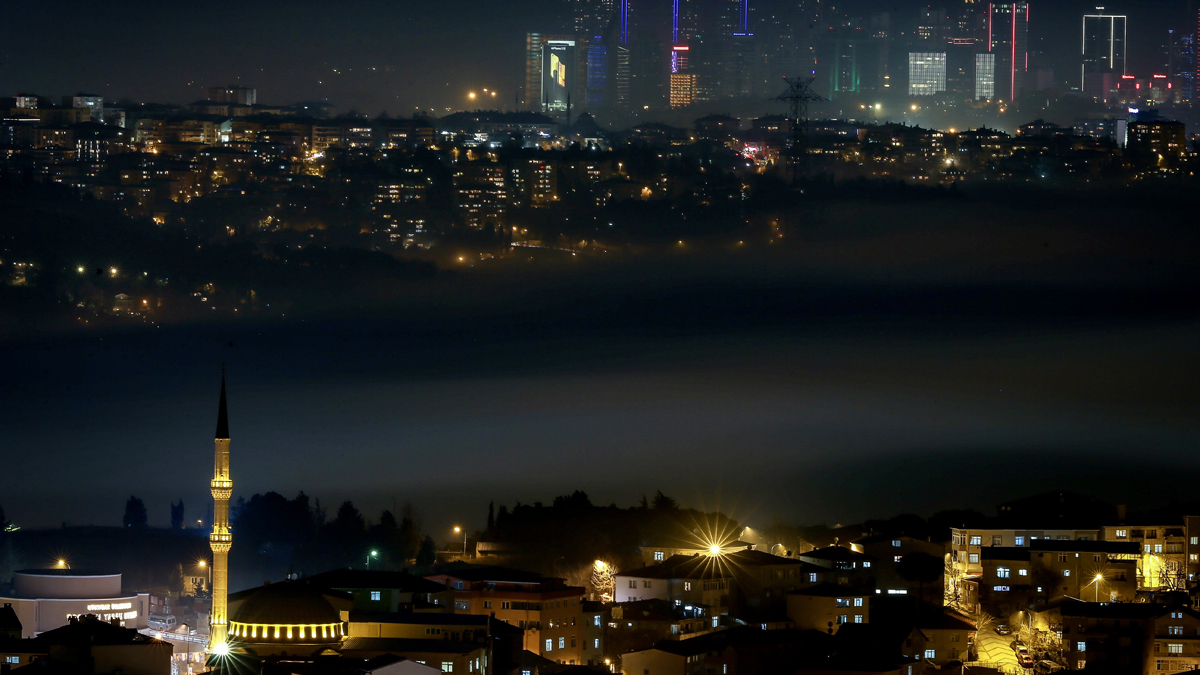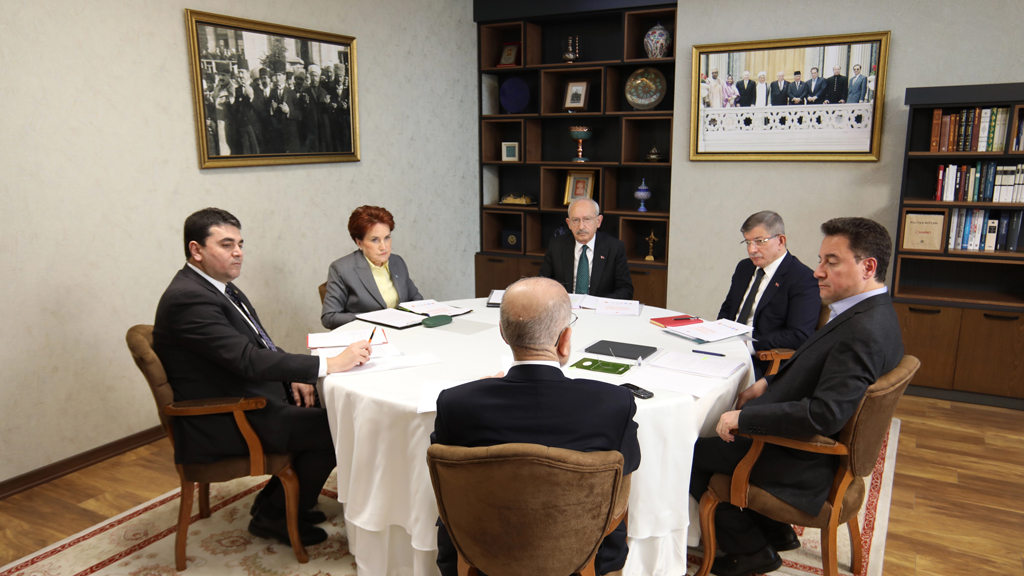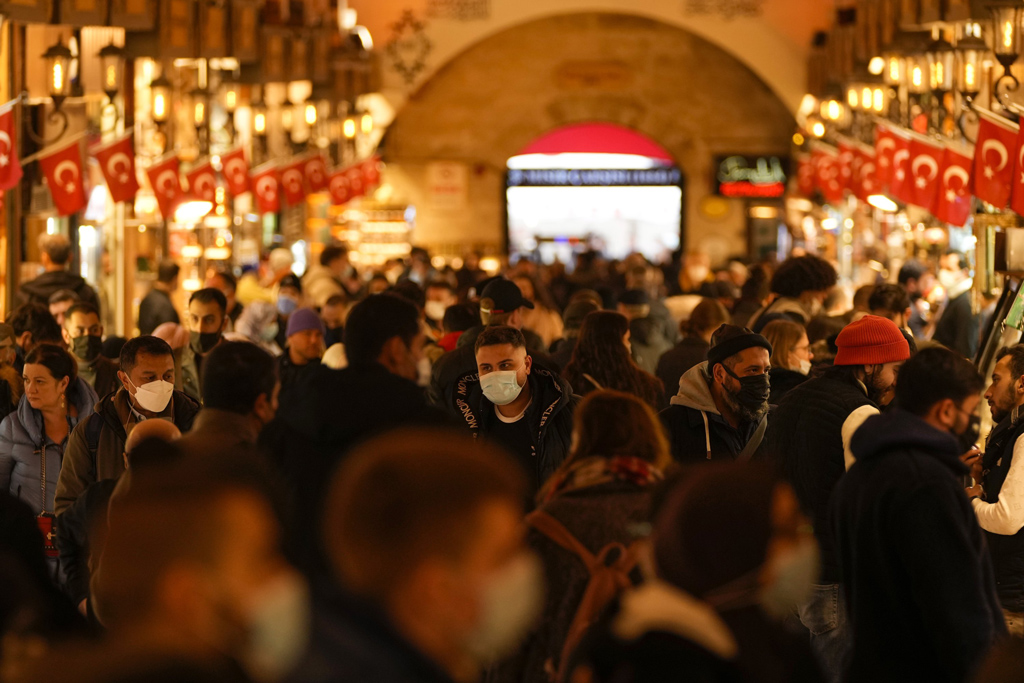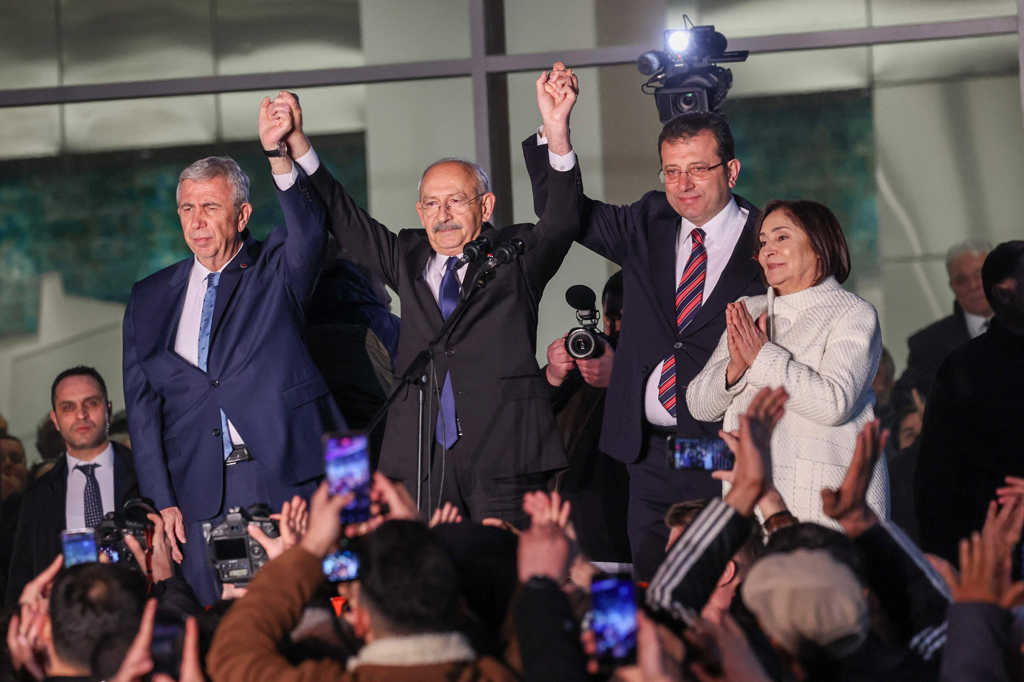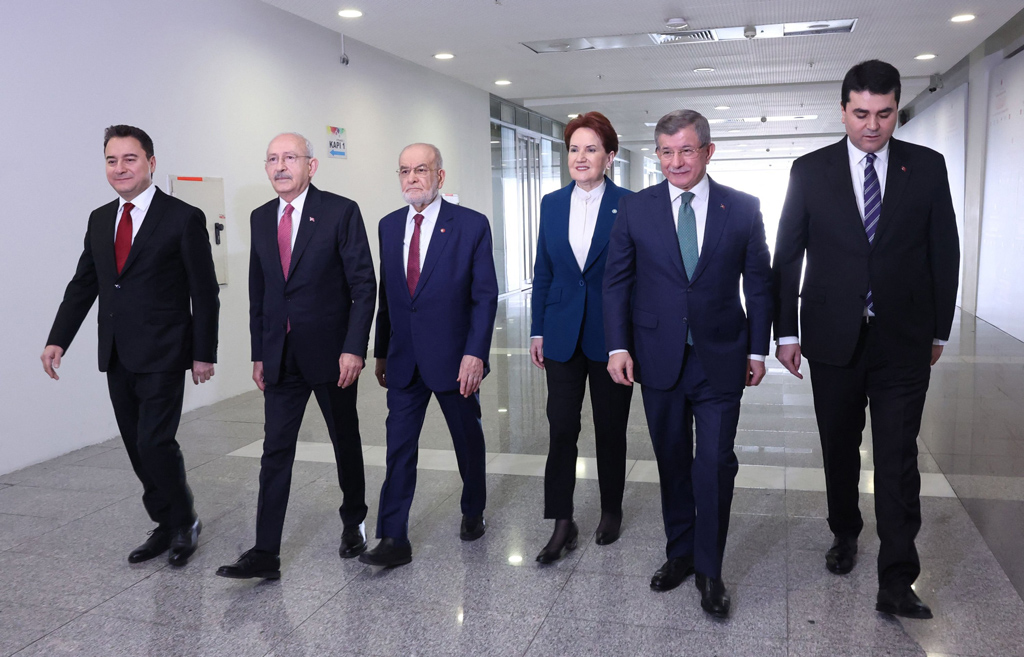Presidential Government System
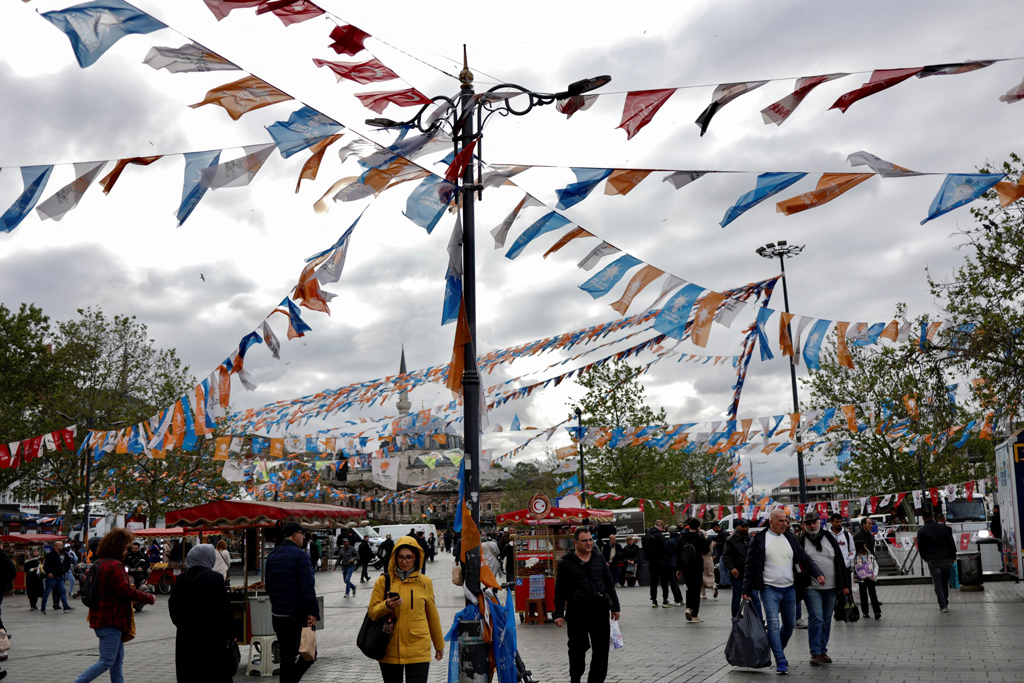
Path to more economic independence in Türkiye
| OpinionAs part of a series of articles on the Turkish economy, I will provide a …
-
Opinion
Path to more economic independence in Türkiye
By Bilal BağışThe goal, of course, is to come up with some policy suggestions, provide a fresh perspective and sift out a road map for the post-election period. After all, Türkiye is, indeed, treading a fine line between liberal and interventionist policies. Yet, it has not yet been able to fully benefit from political stability and the transformation into a presidential system.
-
Policy Report
The People’s Alliance Ahead of the May 14, 2023 Elections
By Hamit Emrah BerişThe People’s Alliance’s senior members, the AK Party and the MHP, have worked together seamlessly since the very beginning. They did not allow crises to erupt ahead of the 2023 elections either. In this sense, the People’s Alliance demonstrated unity – whereas the Nation Alliance was bogged down in internal strife. It is possible to argue that the ruling alliance could signal unity mainly due to its perception by the electorate as a sincere and straightforward group. Specifically, the People’s Alliance did not pursue short-term interests or signal its intention to change its course when it could negotiate from a position of strength. Another contributing factor was the complete agreement between the AK Party and the MHP on the ‘presidency’ system of government. Whereas the Nation Alliance pledged to adopt an ‘augmented’ parliamentary system, Erdoğan and Bahçeli insisted that Türkiye must not drift away from its current political system. Accordingly, one might argue that the People’s Alliance shall remain intact unless one of those two movements changes its mind about the presidential system. That is obviously not the only factor, yet there is reason to believe that the AK Party and the MHP will continue to collaborate as long as the former’s policies and vision for the future appeal to the partner.
-
Opinion
Renewed left-right polarization in Türkiye as election looms
By Burhanettin DuranThe ruling Justice and Development Party (AK Party) on Tuesday unveiled its election manifesto titled “The Right Steps for the Century of Türkiye.” The 481-page text, which the party painstakingly thought out, comprises six chapters and attaches importance to future projects, ways to improve living standards, and pursuing ambitious goals in foreign policy and national security.
Bu Konuda Daha Fazla
-
Key Issues in Turkish Politics Before the 2023 Elections
By Hamit Emrah BerişIn 2023, Türkiye will celebrate the centennial of the establishment of the republic and will also hold a crucial election. The 2023 elections are one of the most important in Türkiye’s history. Four main topics will determine the fate of the elections: refugees, the economy, rising nationalism, and the Kurdish question. There are serious differences of opinion between the government and opposition blocs regarding the solution to these problems. Concerning refugee policies, Türkiye is still the country hosting the highest number of displaced persons under temporary protection in the world. While policies against immigrants are rising all over the world, President Recep Tayyip Erdoğan has adopted a humanitarian approach in terms of refugee policies. Erdoğan has also used his power of persuasion in society in terms of solving economic problems. In many parts of the world, the combination of refugees and economic problems manifested itself in the form of reactionary nationalism. Erdoğan, on the other hand, used nationalist rhetoric in an integrative way, blending the concepts of native (yerli) and national (milli). Although the opposition has not demonstrated a clear approach to these issues, it positioned itself directly opposite Erdoğan. Likewise, recently, a new approach has been adopted in terms of the solution to the Kurdish question, apart from the PKK. The 2023 elections will show which of the approaches of the government or the opposition wings coincide with Turkish society’s expectations.
-
Governmental System Discussions Ahead of the 2023 Elections: Why...
By Cem Duran UzunThis article analyzes the approaches of the two major electoral alliances set to compete in the upcoming elections, instead of focusing on each political party’s proposed system of government separately.
-
Turkish opposition’s ideological mobilization ahead of elections
By Burhanettin DuranThe 2023 presidential election in Türkiye, which will pit the presidential candidates of two major alliances against each other, created a state of great intellectual and ideological mobilization. With the distinction between “us” and “them” forming the backbone of politics, polarization becomes inevitable. Indeed, polarization becomes more intense and widespread due to the presidential system giving rise to alliances and the Nation Alliance uniting around "anti-Erdoğanism" after two decades.
-
Table for six plus two mayors: An unimaginable ‘coalition’
By Burhanettin DuranThe opposition leaders charge President Erdoğan with instituting ‘one-man rule’ but their solution is unimaginable. Nowhere in the world has political power been shared by eight parties
-
Turkish opposition’s road map: Still a coalition text
By Burhanettin DuranThe 'table for six' cannot seem to stop being a coalition of unrelated parties no matter how many times they meet or how many documents they unveil
